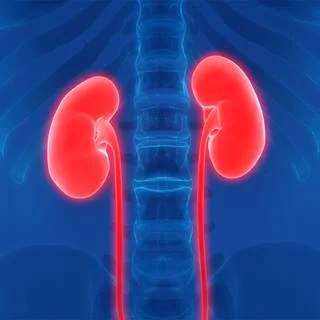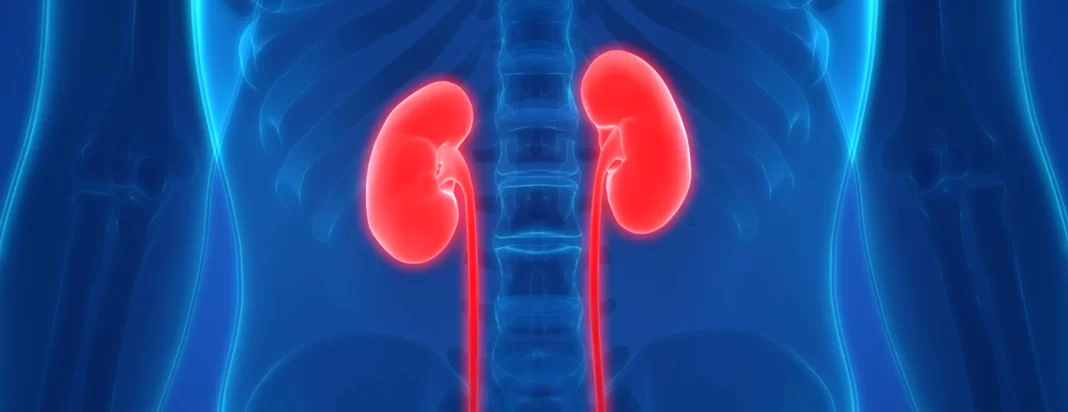Kidney transplants stand as a life-changing solution for individuals grappling with kidney failure. Understanding the prerequisites for a successful transplant and the qualifications for potential donors is crucial in this intricate medical journey.
Prerequisites for a Kidney Transplant:
The road to a kidney transplant involves several critical prerequisites to ensure both the donor and recipient’s safety and the success of the procedure. Medical evaluations play a pivotal role in assessing the overall health of the recipient and determining their eligibility for the transplant. This involves an in-depth examination of the recipient’s medical history, current health status, and the presence of any underlying conditions that may impact the transplant.
Additionally, compatibility between the donor and recipient is a key factor. Blood type, tissue matching, and crossmatching are meticulously assessed to minimize the risk of rejection and enhance the chances of a successful transplant. Thorough evaluations of the recipient’s psychological and emotional well-being are also conducted, as the post-transplant period requires resilience and adaptability.

Who Can Donate:
The question of who can donate a kidney is a complex but altruistic one. Living donors are often family members, friends, or individuals with a close emotional connection to the recipient. However, not everyone can be a kidney donor. Potential donors undergo a rigorous screening process to ensure their physical and mental well-being.
Ideal kidney donors are typically between the ages of 18 and 65, in good overall health, and free from conditions that may jeopardize the success of the transplant. The absence of chronic illnesses, such as diabetes or hypertension, is crucial for prospective donors. A comprehensive medical evaluation, including blood tests, imaging studies, and psychological assessments, helps determine a donor’s suitability for the transplant.
Deceased donors, on the other hand, contribute kidneys posthumously. Their eligibility is determined based on factors like the cause of death, the condition of the organs, and the deceased individual’s medical history. The deceased donor’s organs are carefully matched with recipients based on compatibility factors to maximize the chances of a successful transplant.
Living Donor Considerations:
Living kidney donation is a remarkable act of compassion and generosity, but it’s not without its considerations. Prospective living donors must weigh the potential risks and benefits before making this altruistic decision. While the removal of a kidney is generally considered safe, it is crucial for donors to be aware of the potential impact on their own health and lifestyle.

Living donors often undergo thorough counseling to understand the physical and emotional implications of kidney donation. The medical team ensures that donors are well-informed about the procedure, recovery process, and any potential long-term effects. Additionally, the support system for living donors is paramount, with comprehensive post-operative care and follow-up to monitor their health and well-being.
Post-Transplant Care:
After a successful kidney transplant, the journey continues with meticulous post-operative care. Recipients are prescribed immunosuppressant medications to prevent rejection and ensure the transplanted kidney functions optimally. Regular follow-up appointments, blood tests, and imaging studies are essential to monitor the recipient’s health and the kidney’s performance.
Living donors also receive dedicated post-operative care to ensure their recovery and well-being. Regular check-ups, blood pressure monitoring, and ongoing support are provided to address any concerns or complications that may arise.
Legal and Ethical Considerations:
The process of kidney donation and transplantation involves legal and ethical considerations to safeguard the interests of both donors and recipients. Informed consent is a fundamental aspect, ensuring that individuals fully understand the implications of the procedure, potential risks, and expected outcomes.
Ethical standards dictate that organ donation must be voluntary and free from any form of coercion. Comprehensive ethical guidelines govern the entire process, from donor evaluation to recipient selection, ensuring fairness, transparency, and respect for the autonomy and well-being of all parties involved.
In the intricate landscape of kidney donation and transplantation, adherence to stringent prerequisites, careful donor selection, and thorough post-operative care are pivotal for success. The decision to donate a kidney, whether from a living or deceased donor, is a profound act of compassion that has the power to transform lives. As medical advancements continue to enhance the efficacy and safety of kidney transplants, the journey toward saving and improving lives through organ donation remains at the forefront of modern medicine.
Advancements in Kidney Transplantation
Medical advancements in kidney transplantation have significantly improved the outcomes of this life-saving procedure. The introduction of laparoscopic surgery techniques has made living kidney donation a minimally invasive process, reducing recovery times for donors. Improved immunosuppressant medications have enhanced the success rates of transplants, minimizing the risk of rejection and increasing the lifespan of transplanted kidneys.

Innovations such as paired kidney exchange programs have expanded the pool of potential donors. These programs facilitate kidney swaps between incompatible donor-recipient pairs, increasing the chances of finding a suitable match and reducing the time recipients spend on the waiting list.
Challenges and Opportunities:
Despite the progress, challenges persist in the field of kidney transplantation. The demand for kidneys far exceeds the available supply, leading to prolonged waiting times for potential recipients. Organ trafficking and illegal organ trade are global concerns that underscore the importance of ethical organ procurement and transplantation practices.
Efforts to address these challenges involve initiatives to increase organ donation awareness, streamline organ allocation processes, and explore emerging technologies such as bioengineered organs. The field continues to evolve, presenting opportunities for ongoing improvements in accessibility, efficiency, and overall success rates.
The Impact of Kidney Transplants:
The impact of kidney transplants extends beyond the medical realm, profoundly influencing the lives of recipients and their families. For individuals facing chronic kidney disease, a successful transplant offers the prospect of renewed health, independence, and a better quality of life. The emotional and psychological benefits of a successful transplant are immeasurable, providing recipients with a new lease on life.
Moreover, kidney transplantation has broader societal implications. Successful transplants reduce the burden on healthcare systems associated with long-term dialysis treatments. They contribute to increased workforce productivity as transplant recipients regain the ability to work and actively participate in their communities.
Also, kidney transplantation stands as a beacon of hope for individuals battling kidney failure. The intricate process, from stringent prerequisites to ethical considerations, reflects the collaborative efforts of medical professionals, donors, and recipients. As technology and awareness continue to advance, the landscape of kidney transplantation holds the promise of even greater accessibility, success, and improved outcomes, reaffirming its pivotal role in modern healthcare.




